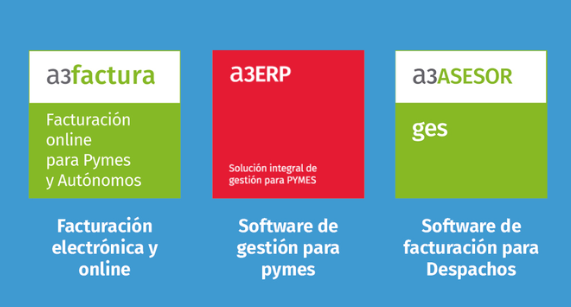What is the Regulation of the Anti-Fraud Law?
The Draft Regulation of the Anti-Fraud Law establishes the requirements that must be met by the computer billing systems used in the activities of entrepreneurs and professionals to guarantee the integrity, conservation, accessibility, legibility, traceability and inalterability of billing records, as specified in the General Tax Law.
It’s mandatory application is foreseen for all entrepreneurs and professionals who issue invoices with computer systems. Companies that are already covered by the SII are excluded from this regulation.
Specifically, the billing software must keep a record for each invoice issued and also keep a record of the main events that occur in the computer system. Care should also be taken to ensure that this information is stored without allowing alterations and guaranteeing its conservation. This information may be sent voluntarily and automatically to the Tax Administration from the software itself, and will include the digital signature of each record. These records must be available to the Tax Agency upon request.
The objective of this law is to eliminate the use of accounting, billing or management programs that allow companies to carry out billing parallel to the official one, known as dual-use programs. This measure is intended to prevent the manipulation of accounting data and put an end to billing and double accounting practices that may omit or alter the transactions carried out. To this end, the creation of computer programs or systems that enable this manipulation is prohibited.
XDUC and Wolters Kluwer could to offer the best solutions adapted to this regulation.
News link: https://n9.cl/q31w9

